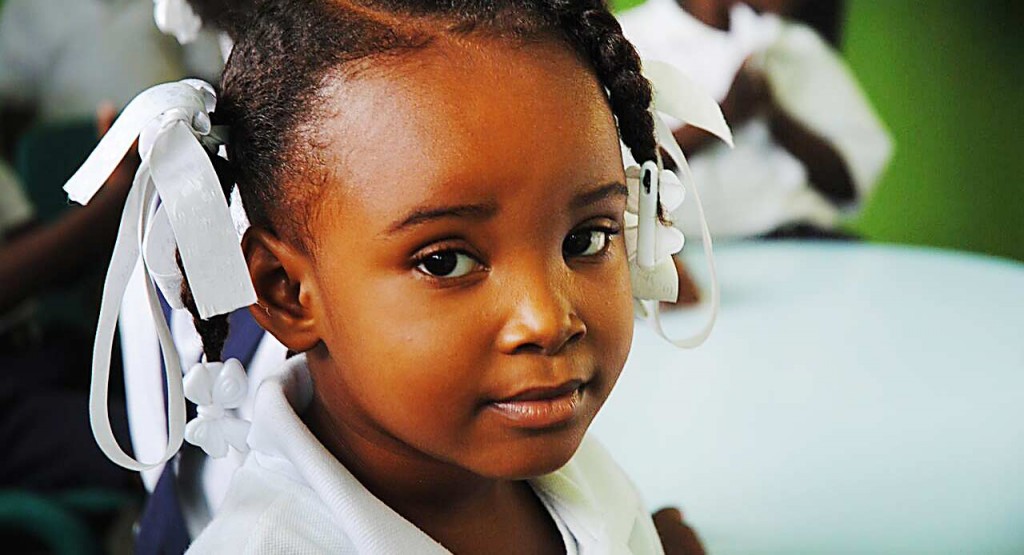Remembering Haiti


I recently read a book entitled Mountains Beyond Mountains by Tracy Kidder. The biographical work tells the story of Dr. Paul Farmer, a physician passionate about serving communities affected by poverty, especially in Haiti. Farmer graduated top of his class from Harvard and earned a prestigious position leading the epidemiology department at Brigham and Women’s Hospital in Boston. But it wasn’t until Farmer reached the small and broken-down village of Cange, Haiti that he felt he’d found his place in the world.
The story of Dr. Paul Farmer’s life is one of extraordinary compassion, and I agree with Tracy Kidder when he says we can learn a lot from Farmer’s example. One of the central themes of the book is the dynamics of poverty. “How could a just God permit great misery?” Kidder asks. “The Haitian peasants answered with a proverb: ‘Bondye konn bay, men li pa konn separe,’ in literal translation, ‘God gives but doesn’t share.’ This meant, as Farmer would later explain it, ‘God gives us humans everything we need to flourish, but he’s not the one who’s supposed to divvy up the loot. That charge was laid upon us.’”
We are blessed with so much here at La Salle Academy. We attend a fantastic school equipped with the latest technology. Many of us enjoy the luxury of having our own car, and we go home every night to a warm, dry house where we get to share a hot meal with people who love us. When we’re sick we have access to top-notch medical facilities that we can reach by car, train, bus, or even plane.
Upon his arrival in Haiti, Kidder noted that on this island, “One noticed absences. An oxcart and no ox, only a man pulling it. Scant trees, especially after Mirebalais. No power poles” beyond the bigger towns. “People read the Gospel as if it pertained to another time and place,” Farmer told Kidder, “but the struggles described there are in the here and now. The oppression of the poor, the abuse of the vulnerable, and the redemption that comes from fighting for what is right- what ideas could be more relevant in our dear Haiti?”
“The world is full of miserable places,” Kidder writes. “One way of living comfortably is not to think about them.” But we as Christians know that this is not the correct answer. We are called not only this week but every day to remember our brothers and sisters in Haiti. Farmer says that many people “think all the world’s problems can be fixed without any cost to themselves. We don’t believe that,” he says of his organization, Partners in Health. “There’s a lot to be said for sacrifice.” A sacrifice that seems small to us can make a world of difference to someone barely surviving poverty. “Clean water and health care and school and food and tin roofs and cement floors, all of these things should constitute a set of basics that people must have as birthrights,” Farmer would tell us. With our donations to the Lasallian school in Port au Prince, we have the incredible ability to provide these things- and most importantly hope- for the people of Haiti.